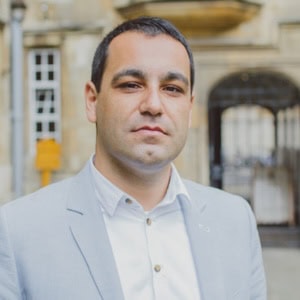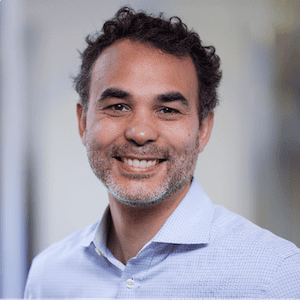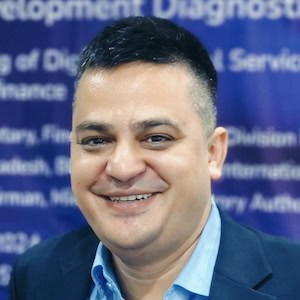-
Fruitful Entrepreneurship Training Helps Women in Tanzania’s Ag Sector Flourish
Over half of the agricultural workers in Tanzania are women. Not only do women carry out some of the most labor-intensive work, but they also have insufficient access to financial credit and face discrimination in land ownership. The Innovations in Gender Equality to Promote Household Food Security program, a joint venture between USAID and Land O’Lakes International Development launched in 2012, aims to identify, test and then scale innovations that enable female farmers to more efficiently produce agricultural products and bring them to market. The big goal: Help women spend less time in the field and more time in higher-value added activities.
- Categories
- Education
-
‘The Face of the African Entrepreneur’
The third annual Sankalp Africa Summit takes place Feb. 24-26 in Nairobi and is centered on the theme “Spurring the Entrepreneurship Economy.” In previewing the summit, Sheena Raikundalia of Intellecap interviewed Vava Angwenyi, founder of Vava Coffee. The Kenyan enterprise is creating sustainable livelihoods for over 30,000 smallholder coffee farmers as well as employing HIV-positive women and ex-offenders in the informal settlements surrounding the capital.
- Categories
- Agriculture, Investing
-
Announcing Our New Partnership with ImpactSpace
We have long been on the lookout for a media partner that's creating deep and useful market data for the companies we cover on NextBillion. That's why today we're thrilled to announce a media partnership with our friends at ImpactSpace, a new open data platform created to fill the information gap in impact investing.
- Categories
- Impact Assessment, Investing
-
Want to Succeed in Health Care? Find the Right Price, Place and Partners
Innovations in Healthcare's search for its newest cohort of innovators included more than 180 private-sector organizations and uncovered several trends in technology, investment and strategies to address chronic disease. The top organizations illustrated three broad ideas in market-based health care: the right price, partners and partners.
- Categories
- Health Care
-
NexThought Monday: Impact Investing ‘Skeptics Have Been Defeated’ – Our Q&A With LeapFrog CEO
LeapFrog Investments' portfolio of companies make insurance and financial services their business, and their clientele are those who earn $10 or less a day. With a recent investment from development organization OPIC, LeapFrog has raised more than $1 billion. In an interview with NextBillion, CEO Andrew Kuper details LeapFrog's trajectory, the shakiness of emerging markets, and the challenges of reaching consumers for whom insurance can provide both a safety net and an economic springboard.
- Categories
- Health Care, Impact Assessment, Investing
-
Weekly Roundup: Grading Super Bowl Ads, Teaching Social Entrepreneurship, Fact-Checking Global Health
Three commercials at this Sunday's Super Bowl 50 come from financial services providers focused on customers who can’t afford a ticket to the game. We grade the three ads in terms of how effectively they present the inclusive elements of these companies' brands, discuss a new school for social entrepreneurs, and explore a new fact-checking initiative for global health in this roundup.
- Categories
- Education, Health Care
-
Investing in Detroit’s Comeback: Optimism & Challenges on the Road to Inclusive Growth
Detroit’s comeback story is replacing the apocalyptic headlines of recent memory. Thanks to new investment, thousands of new streetlights are on and blight is being tackled at a faster pace than ever before. But fundamental questions remain: Will redevelopment in Detroit lead to equitable growth? Will the city's lower-income and working-class residents who have lived there for decades continue to be a significant part of Detroit’s rich culture, history and vibrancy? These are questions that are being asked in urban areas across the country, says Bradford Frost, director of the Detroit Initiative.
- Categories
- Investing
- Tags
- impact investing
-
Your Cheap Solar Lamp is Garbage
It’s easy to think of “the poor” in two-dimensional, homogenous terms and rattle off assumptions like "They’re poor people, aren’t they happy with anything?" or "Isn’t something better than nothing?" Incorrect. As the charity research organization SolarAid once put it, “The quickest way to fix a problem is the best,” and in most cases, that means quality.
- Categories
- Energy, Technology
- Tags
- Base of the Pyramid, solar










